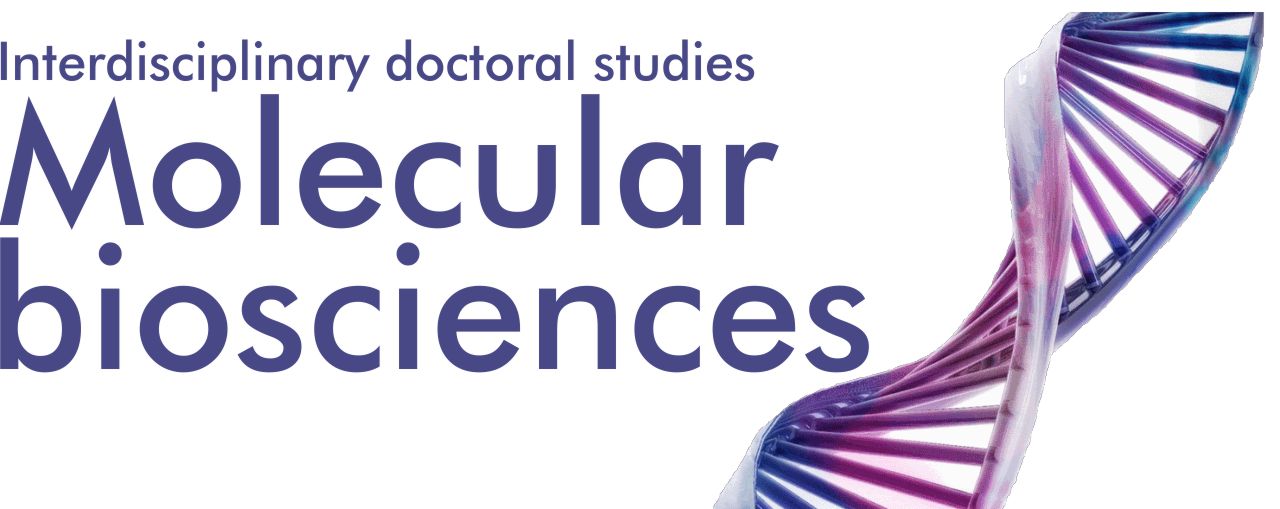| Cipher: |
2403 |
| Nomenclature: |
The impact of stress on aquatic organisms |
| Study programme: |
Molecular biosciences |
| Module: |
Marine Biology |
| Case holder: |
associate professor Ph.D. Tatjana Dobroslavić
|
| Institution of the case holder: |
Department of Applied Ecology, University of Dubrovnik
|
| Contributors - Contractors: |
|
| Subject status: |
Electoral College |
| The year in which the case is submitted: |
Year I |
| The semester in which the case is submitted: |
Semester II |
| Subject objective: |
Understand the stress factors in the aquatic environment that lead to changes in the homeostasis of marine organisms, which is reflected in hormonal changes, changes in the functions of ion channels and pumps, and other protein molecules.
|
| Case contents: |
Dynamic balance and adaptation of marine and brackish organisms to natural and anthropogenic factors in the environment.
Changes in the activity of ion channels and the activity of the enzyme Na,K ATPase in commercially important sea crustaceans in conditions of hyposmotic stress.
Cortisol as an indicator of stress in fish. Catecholamine as an indicator of stress in fish. Fish as a model object of stress research.
Heat-induced stress proteins and earlier adaptations of aquatic organisms. Problems of stress in the conditions of cultivation of aquatic organisms.
Seasonal changes in temperature in the environment and control of reproduction in fish. Effects of environmental factors and sexual differentiation in fish. Effects of estrogenic factors on reproduction and growth.
|
| Learning outcomes: competences, knowledge, skills that the subject develops: |
1. To assess the influence of abiotic factors on the physiological processes of aquatic organisms with an emphasis on stress.
2. Analyze the hormonal regulation of physiological processes of aquatic invertebrates and vertebrates.
3. Determine the basics of enzymatic processes and their role in the physiology of aquatic organisms.
4. Critically review the professional literature and use relevant data in assessing the impact of stress factors on the homeostasis of marine organisms.
5. Propose your own contribution and engagement for professional work in research and applied laboratories for the commercial cultivation of aquatic organisms.
|
| ECTS Credits |
6 |
| Lectures |
5 |
| Seminars (IS) |
5 |
| Exercises (E) |
20 |
| Altogether |
30 |
| The way of teaching and acquiring knowledge: |
regular attendance
|
| Ways of teaching and acquiring knowledge: (notes) |
|
| Monitoring and evaluating students (mark in fat printing only relevant categories) |
Attendance |
| Rating method: |
Written exam, Oral exam |
| Mandatory literature: |
Lucu,Č. and Towle D.W (2003) Na,K ATPase in gills of aquatic crustacea. Comp. The biochem. Physiol. 135A; 195-214, (Review paper)
Adams S, Marshall (2002) Biological indicators of aquatic ecosystem stress, Cabi Publishing,
ISBN 085199-629-9
Biocriteria for assessment of the effects of environmental stress ecosystems and organisms especially fish
Small stress proteins (2002) Springer-Verlag Berlin and Heidelberg
ISBN 3-540-42520-9
Reid, SG, Bernier NJ, Perry SF (1998) The adrenergic stress response in fish: contzrol of catecholamine storage and release Comp. The biochem. Physiol. 120; 1-27
|
| Supplementary (recommended) literature: |
Arends RJ, Mancera JM, Munos JL, Wendelar Bonga SE and Flik,G. (1999) The stress response of the gilthead sea bream (Sparus aurata) to air exposure and confinement. J. Endocrinol. 163, 149-157.
Arends RJ, Van der Gaag GJM, Martens, SE, Wendelar Bonga SE and Flik, G (1998) Differential expression of two proopiomelanocortin mRNAs during temperature stress in common carp (Cyprinus carpio L) J. Endocrinol. 159, 85-91
|
| How to monitor the quality and performance performance (evaluation): |
For individual lectures – thematic units - verification of understanding of the information obtained, the method of presentation, etc.
Discussions with students and colleagues - survey upon completion of the course.
Tracking each student's progress.
Evaluation of performance by the head of studies and the joint expert committee of the institutions of the holders of the study. The success of the course will be evaluated annually by the joint expert committee of the Rudjer Boskovic Institute, the University of Dubrovnik and the University of Osijek."
|
